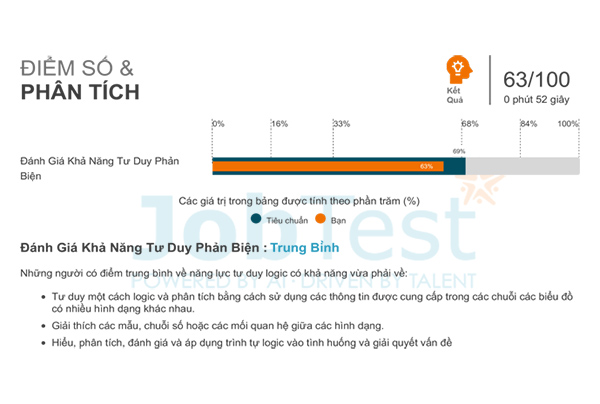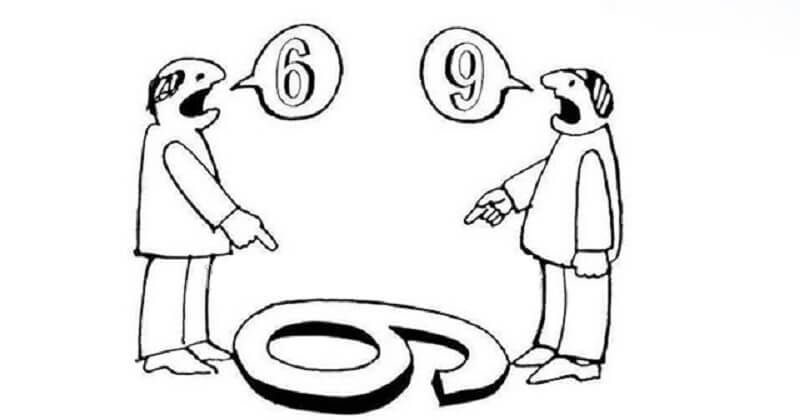
Critical Reasoning Test
Critical Thinking is mentioned in the well-known book "Start-up Nation," and the Israelis consider it to be the key to success. Critical thinking is cultivated and developed here to the point where even the lowest-level employee may debate the general manager. Critical thinking, it can be observed, is what promotes each individual's and the team's development.

Critical Reasoning Skills
Critical Thinking is a valuable life skill that may be applied to both personal and professional situations. It is always a factor that requires training to develop thinking, negotiation, and problem-solving skills. Individuals who can think critically frequently have strong personal beliefs and are well-liked in their communities. So, what is critical thinking, and why is it important in any job?
What is Critical Reasoning?
Critical thinking, also known as analytical thinking, is a dialectical thinking process that entails analyzing and evaluating current data from several viewpoints on the topic at hand in order to explain and corroborate the problem's accuracy. Clear, rational, evidence-based, careful, and fair critical arguments are required.
This notion relates to the ability to think clearly and rationally about well-founded beliefs, as well as the ability to think independently and reflectively.

Characteristics of Critical Reasoning
Critical thinking isn't just about gathering information, which is a subjective trait. People with a terrific recall and a wealth of information aren't always good critical thinkers. People that have high critical thinking skills, on the other hand, are often able to deduce conclusions from what they know. Furthermore, they understand how to use information to solve problems while also locating appropriate sources of information to further their comprehension of the issue.
Although critical thinking necessitates the development of abilities that can be used to rebut an opposing viewpoint, this talent is rational in argumentation, based on the development of a compelling argument, and is not designed to condemn or criticize others. The ability to criticize is usually founded on a constructive mindset. Critical thinking contributes to the acquisition of knowledge, the strengthening of reasoning, and the improvement of work efficiency and problem-solving skills.

Tips to help master the ability of critical thinking
- Rate the relevant questions from simple to complex.
- Ask hypothetical questions related to the problem.
- Conclude issues with factual evidence.

While you've learned the required skills to employ critical thinking skills in a variety of settings when criticizing someone, you may use proper language to prevent triggering problems, misunderstandings, or disagreements. inconvenient for the opponent






















 Talent Assessment
Talent Assessment 
